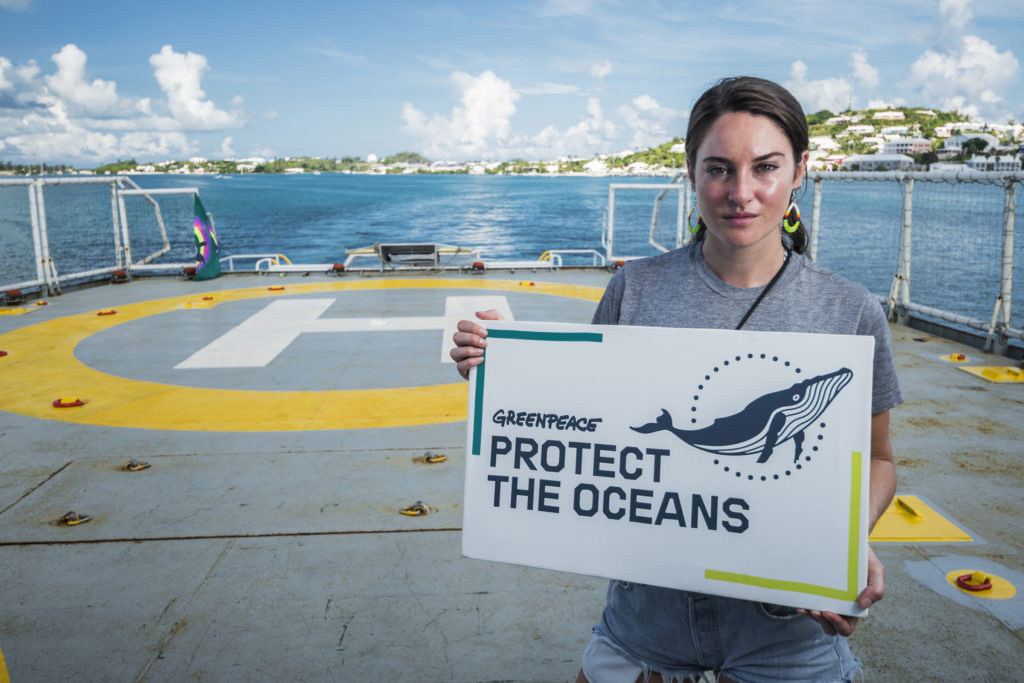 The social and economic impacts of plastic waste at sea amount to millions of dollars, and waste management solutions are difficult to implement (dams on rivers, nets at sea, cleaning trawls, beaches, collection operations, volunteering … ). Zoom on the laws and action programs.
The social and economic impacts of plastic waste at sea amount to millions of dollars, and waste management solutions are difficult to implement (dams on rivers, nets at sea, cleaning trawls, beaches, collection operations, volunteering … ). Zoom on the laws and action programs.
What are the laws and action programs to combat the plastic in our oceans?
Local waste monitoring
Most ports do not yet have the infrastructure to recover waste and some fishing equipment is obsolete. Local waste monitoring programs have been put in place, but monitoring the world’s oceans is complicated and even more costly. Satellite techniques are currently being studied to follow the fate of macro-waste at sea (microplastics cannot be affected by this method).
Plastic waste at sea: laws, conventions and commitments
Much of the waste is in international areas, so the problem needs to be addressed globally. Several laws, conventions and commitments have already been put in place:
- law on waste in France of July 15, 1975 (completed in 1992);
- water law of 3 January 1992, policy for implementing the Habitats directive Natura 2000 network;
- Grenelle of the environment and Grenelle of the sea;
- the London and Basel Marpol conventions (which prohibit the dumping at sea of any waste, in particular plastic);
- European Marine Strategy directive (2008);
- Honolulu and Berlin commitments;
- Environmental conference of 2013.
The 2011 International Conference on Marine Debris, in Honolulu, Hawaii, helped to understand the problem of plastic waste better.
Plastic manufacturers have organized themselves to react together and are engaged in awareness-raising actions. On the initiative of European industrialists, in March 2011 they signed a global commitment, the Hawaii Declaration, with the aim of better understanding and dealing with the issue.
To date, 58 members, 34 countries have signed up and more than 140 projects are underway. Actions are organized in three zones (Americas, 35%; Europe-Middle East-Africa, 40%; Asia-Pacific, 25%).
Support for research efforts includes the global microplastics research program, GESAMP GT 40, funded to the tune of 320,000 euros by PlasticsEurope and the American Chemistry Council (ACC).
Launched in February 2012, GESAMP GT 40 (working group of the Group of Experts on the scientific aspects of marine environmental protection) should allow an assessment of the sources of waste, the behavior and the effects of microplastics in the ocean, with a plan of action carried out in three phases. After the workshops in Paris (2012), London (2013) and Seoul (2014), a report was presented in Barcelona in November 2014 (CIO-Unesco).
Several projects of this type exist around the world, providing precise information on the inventory. According to PlasticsEurope, the current balance sheet is not so catastrophic because despite an increase in production, the quantity of waste does not increase.
Since most of the waste should not arrive at sea, it is therefore essential to collect it on land. Plastic waste, which is practically 100% recoverable, either by recycling or by energy recovery, constitutes a renewable resource that has been poorly exploited to date.
Recall that in Europe, manufacturers in the sector have launched the challenge of achieving “zero plastic waste in landfill in 2020”. The recovery of plastic waste in Europe and France is still a progress in the making.
In France, there is a real political awareness reflected in the roadmap for the 2013 Environmental Conference, which includes:
- the deployment for household packaging of the collection of all plastics (including films and trays) in order to allow recycling;
- the possibility for the State to limit landfill only to non-recoverable flows (which amounts to prohibiting the landfilling of plastics);
- the development of sustainable waste management dumpster chains capable of using recycled plastic materials.
Clean holidays: fighting litter
European plastic manufacturers are also involved in awareness-raising and educational activities, such as “Clean Holidays”, a program created in 1971 on the initiative of companies to combat litter and incivility. It benefits from support from local authorities, and of course from citizens who have adopted their own actions, responding to the slogan: “Our environment is not a dustbin”.
If it is estimated that 4 million people have been sensitized, there are still still more than 33,000 tonnes of litter in France (waste collected by hand). Nearly 20,000 tonnes on the roads (especially just after leaving the stations -service!), 10,000 tonnes in rivers (banks and waterline), 3,000 tonnes on beaches, 350 tonnes in the mountains …
And these figures are probably below reality. Among these wastes: 41% cigarette butts, 12% chewing gum, 9% packaging for beverages (plastic, 3.6%; cans, 3.6%).
Besides, the operation “I sail, I sort”, ie “Nothing overboard, all my waste at the port! ”, sponsored by the navigator Catherine Chabaud, noted in 2013 an increase in sorting by 80% in the 25 ports concerned. In 2014, 100% of the ports registered in the program were motivated to renew the operation.
A final action concerns the fight against the dispersion of plastic granules. Launched in 1992 by the Americans, followed by Canada in 1999 and then by the British in 2009, the Clean Sweep® operation has the objective of “zero loss of granules” at all stages of the chain (production, transport, processing). In Europe, in factories and workshops, the broom is there to replace water cleaning!
